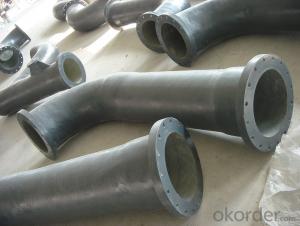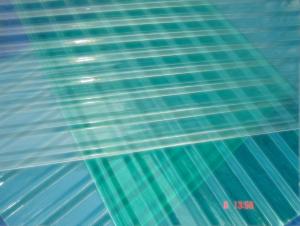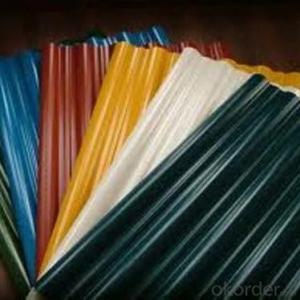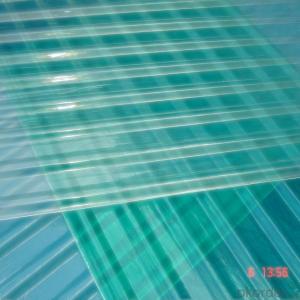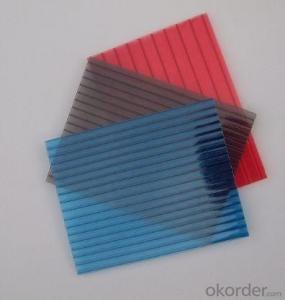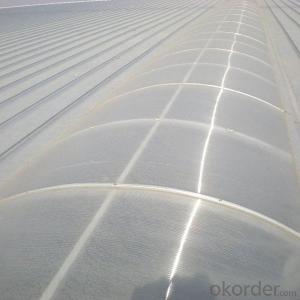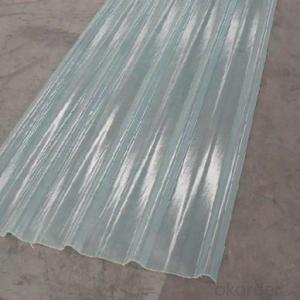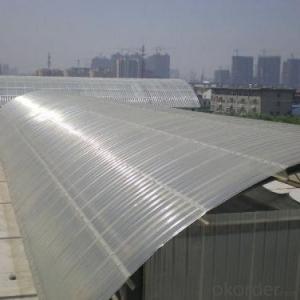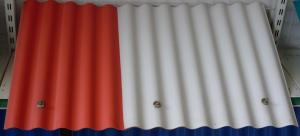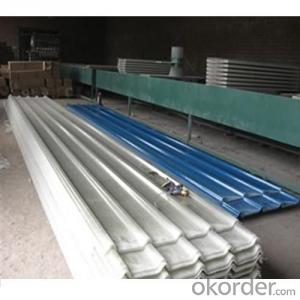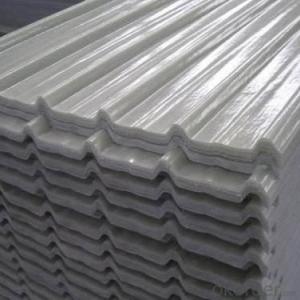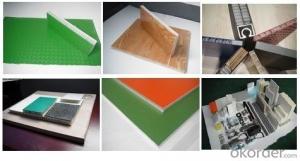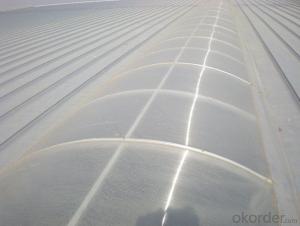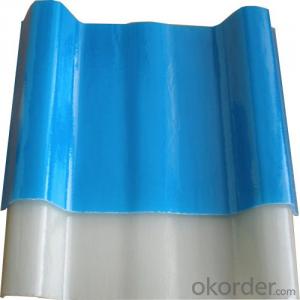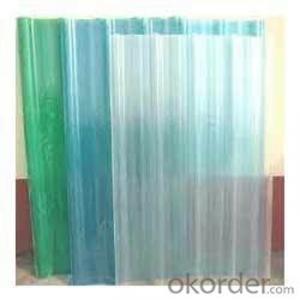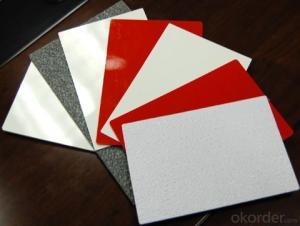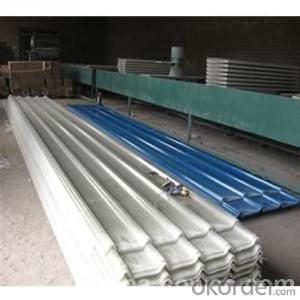Fiberglass reinforced water pipe fittings
- Loading Port:
- China main port
- Payment Terms:
- TT OR LC
- Min Order Qty:
- 100 kg
- Supply Capability:
- 100000 kg/month
OKorder Service Pledge
OKorder Financial Service
You Might Also Like
Specifications
FRP water pipe fittings
1.Safety
2.Applicability
3.Durability
4.Economy
FRP Pipe Fitting
1.Safety
2.Applicability
3.Durability
4.Economy
FRP Pipe Fitting
1. Good physical mechanics performance
2. Being resistant to chemical erosion and longer service life
3. Excellent hydraulic characteristics
4. Lower installation and keeping cost
5. Flexible design and shorter reform term
6. No medium pollution
1.Chemical medium transportation pipe
2.Various producing process pipe (chemical process, paper making process, polluted water treatment
process, sea water purifying process, food and drink producing process, and medicine producing process)
3.Pressure pipe for small hydroelectric power station on the ground and cycling pipe for power plant
4.Polluted water collecting and transporting pipe
5.Drink water transporting main line and tubing pipe
6.Oil field water injecting pipe and oil transporting pipe
7.Heat transporting pipe and sea water transporting pipe
8.Agricultural irrigation pipe
9.FRP set (ventilation, air-conditioner, chimney, cleaner) and piping
10.Gas drainage pipe for mine
Features
1.Medium and low pressure pipe 0.6MPa2.5 MPa
2.High pressure pipe5.5MPa24 MPa
3.Mobile gravity pipe (which can be used when the pressure is under 0.6MPa)
4.Vacuum tube, external pressure pipe or siphon
If you have interest in the FRP pipe, please provide the following parameters: media, pressure and the use of the environment (overhead or buried), temperature, stiffness requirements, connections.
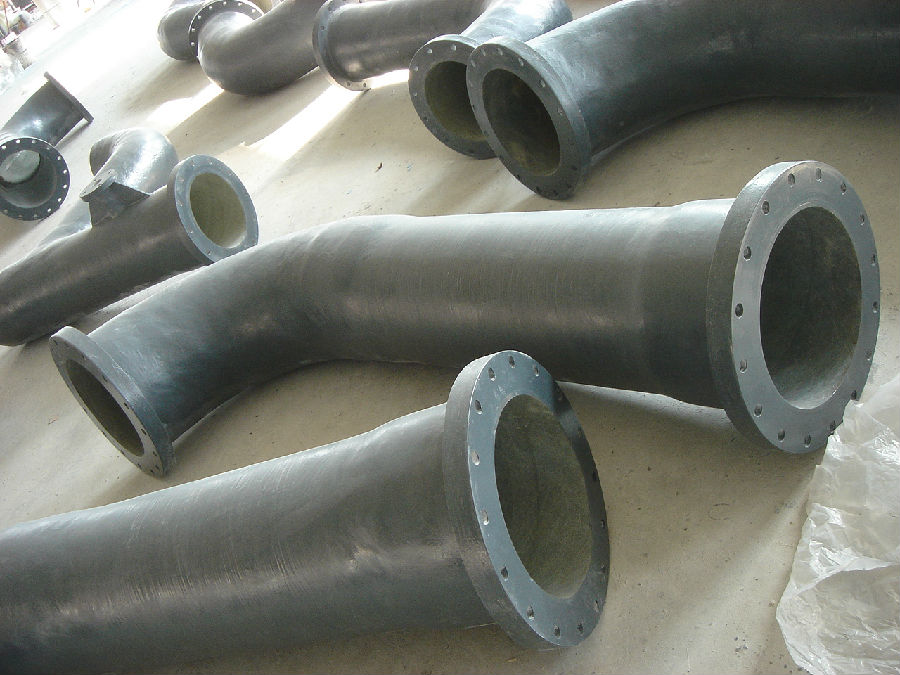
- Q:Are FRP roofing panels resistant to solvents?
- Yes, FRP (Fiberglass Reinforced Plastic) roofing panels are generally resistant to solvents. This is due to the nature of the material, which is a combination of fiberglass and a plastic resin matrix. The fiberglass provides strength and stability, while the plastic resin offers resistance to various chemicals, including solvents. However, it is important to note that the specific resistance of FRP roofing panels to solvents can vary depending on the type and concentration of the solvent being used. While many common solvents will not cause any damage to FRP panels, some aggressive solvents or prolonged exposure to certain chemicals may cause degradation or discoloration of the material. Therefore, it is always recommended to consult with the manufacturer or supplier of the FRP roofing panels to determine their specific resistance to the solvents you intend to use or encounter in your specific application. They can provide the necessary information and guidance to ensure the panels are compatible with the solvents and chemicals you plan to work with.
- Q:Are FRP roofing panels suitable for hospitals or healthcare facilities?
- Yes, FRP (Fiberglass Reinforced Plastic) roofing panels are suitable for hospitals or healthcare facilities. FRP panels offer several advantages that make them ideal for use in these types of buildings. Firstly, FRP panels are highly durable and long-lasting. They are resistant to corrosion, UV rays, and chemicals, making them suitable for use in environments where hygiene and sanitation are of utmost importance. They can withstand frequent cleaning and sterilization procedures without deteriorating or losing their structural integrity. Secondly, FRP roofing panels are lightweight yet strong. This makes them easier to install and reduces the load on the building structure. Moreover, their high strength-to-weight ratio ensures that they can withstand extreme weather conditions and natural disasters, such as hurricanes or earthquakes, providing a secure and reliable roofing solution for hospitals or healthcare facilities. Furthermore, FRP panels offer excellent thermal insulation properties, helping to regulate indoor temperature and reduce energy consumption for heating or cooling. This can contribute to creating a comfortable and energy-efficient environment within the facility, which is important for patients' well-being and recovery. Additionally, FRP roofing panels are available in a variety of colors and finishes, allowing architects and designers to choose options that match the aesthetic requirements of the healthcare facility. The panels can be customized to fit specific design needs, including skylights or windows, ensuring optimal natural lighting and ventilation, which are beneficial for patients and staff. Lastly, FRP panels require minimal maintenance, reducing the overall costs associated with roof upkeep. They are resistant to mold, mildew, and pests, which is crucial for maintaining a clean and healthy environment in hospitals or healthcare facilities. Overall, FRP roofing panels offer a range of advantages that make them suitable for use in hospitals or healthcare facilities. Their durability, lightweight yet strong composition, thermal insulation properties, customization options, and low maintenance requirements make them an excellent choice for ensuring a safe, hygienic, and comfortable roofing solution in these critical environments.
- Q:Are FRP roofing panels suitable for restaurants or food establishments?
- Restaurants or food establishments can benefit from using FRP (Fiberglass Reinforced Plastic) roofing panels. These panels are a popular option for these types of establishments because of their numerous advantageous qualities. To begin with, FRP panels are highly durable and have a long lifespan. They resist corrosion, rot, and mold, which makes them perfect for environments that may have exposure to moisture or humidity, like commercial kitchens or food processing areas. This means that the panels will maintain their strength and appearance over time, reducing the need for frequent repairs or replacements. Moreover, FRP roofing panels are lightweight but strong, making them easy to install and handle. This can be especially beneficial for restaurants or food establishments that require quick installation or renovations. The lightweight nature of the panels also lessens the strain on the building's structure, which can be significant for older or existing establishments. Additionally, FRP panels provide excellent insulation properties. They help maintain a comfortable indoor temperature by preventing heat loss or gain, which is particularly important in food establishments where temperature control is vital for food safety and operational efficiency. Furthermore, FRP panels come in a wide variety of colors, finishes, and designs, allowing for customization that matches the aesthetic requirements of restaurants or food establishments. This versatility enables the creation of visually appealing spaces that align with the establishment's brand identity or theme. Lastly, FRP panels require relatively low maintenance and are easy to clean. Their smooth, non-porous surface prevents the accumulation of dirt, grease, or food particles, reducing the risk of bacterial growth or contamination. Regular cleaning with mild detergents or sanitizers is usually sufficient to maintain their cleanliness and hygiene standards. In conclusion, FRP roofing panels are a suitable choice for restaurants or food establishments because of their durability, moisture resistance, ease of installation, insulation properties, customization options, and low maintenance requirements.
- Q:Are FRP roofing panels compatible with other roofing materials?
- Yes, FRP (Fiberglass Reinforced Plastic) roofing panels can be compatible with other roofing materials. FRP panels are commonly used in combination with other roofing materials, such as metal or asphalt shingles, to provide additional strength, durability, and insulation. These panels can be easily incorporated into different roofing systems, as they are lightweight and can be cut to fit various shapes and sizes. Additionally, FRP panels can be installed as an overlay on existing roofs, providing an extra layer of protection and enhancing the overall performance of the roof. However, it is important to consult with a professional roofing contractor to ensure proper installation and compatibility with the specific roofing materials being used.
- Q:Can FRP roofing panels be used in military or government buildings?
- Yes, FRP roofing panels can be used in military or government buildings. FRP (Fiberglass Reinforced Plastic) roofing panels are known for their durability, versatility, and low maintenance requirements. These panels offer excellent resistance to harsh weather conditions, UV rays, and chemicals, making them suitable for various applications, including military and government structures. Additionally, FRP panels are lightweight, easy to install, and can provide superior insulation properties, making them an attractive choice for roofing solutions in these types of buildings.
- Q:Are FRP roofing panels suitable for greenhouses?
- Yes, FRP (Fiberglass Reinforced Plastic) roofing panels are suitable for greenhouses. FRP panels are known for their durability, strength, and resistance to weathering, making them an excellent choice for greenhouse applications. The panels are lightweight, yet provide excellent insulation, allowing for better temperature control and energy efficiency within the greenhouse. Additionally, FRP panels are translucent, allowing natural sunlight to penetrate and distribute evenly throughout the greenhouse, promoting healthy plant growth. Furthermore, FRP panels are resistant to UV radiation, chemicals, and moisture, ensuring a longer lifespan and reduced maintenance costs. Overall, FRP roofing panels are a reliable and cost-effective choice for greenhouse construction.
- Q:Are FRP roofing panels suitable for green building projects?
- FRP roofing panels are a fitting choice for green building projects as they offer numerous advantages. FRP, short for Fiber Reinforced Polymer, is a lightweight and durable material crafted from a blend of fiberglass and resin. To begin with, FRP panels boast energy efficiency. Their exceptional insulation properties aid in reducing heating and cooling expenses, thus contributing to the overall energy efficiency of the building. This fosters sustainability and environmental friendliness. Moreover, FRP panels exhibit remarkable durability and longevity. They withstand corrosion, UV radiation, and other weather elements, resulting in minimal maintenance requirements and an extended lifespan when compared to traditional roofing materials. By utilizing FRP panels, the need for frequent repairs or replacements is curtailed, thereby minimizing waste and prolonging the building's life. Additionally, FRP roofing panels are lightweight, simplifying installation and transportation processes. This diminishes the carbon footprint associated with these activities and allows for a more efficient utilization of resources during construction. Furthermore, FRP panels are recyclable. At the end of their life cycle, they can be recycled and repurposed, promoting a circular economy and reducing waste. This aligns with the principles of green building, which prioritize the adoption of sustainable and recyclable materials. In conclusion, FRP roofing panels are well-suited for green building projects due to their energy efficiency, durability, lightweight nature, and recyclability. By incorporating FRP panels into green building designs, it becomes possible to enhance the sustainability and environmental performance of the project.
- Q:Can FRP roofing panels withstand hail damage?
- Yes, FRP (Fiberglass Reinforced Plastic) roofing panels have a high resistance to hail damage. The strong and durable nature of FRP materials makes them able to withstand the impact from hailstones, reducing the risk of damage to the roofing panels.
- Q:Can FRP roofing panels be used in sloped roofs?
- Certainly, sloped roofs can incorporate FRP (Fiberglass Reinforced Plastic) roofing panels. These lightweight, durable, and weather-resistant panels are versatile for various roofing applications. They offer an economical and enduring roofing solution for flat and sloped roofs alike. Nevertheless, it is crucial to consider the incline of the roof when choosing and installing FRP panels. Steeper slopes may warrant additional precautions, such as utilizing sturdier fasteners or incorporating anti-slip coatings, to ensure proper installation and prevent water accumulation. Therefore, it is advisable to consult a roofing professional to assess the suitability and specific requirements of implementing FRP panels on a sloped roof.
- Q:Can FRP roofing panels withstand high winds?
- Yes, FRP (Fiberglass Reinforced Plastic) roofing panels are designed to withstand high winds. These panels are made from a combination of fiberglass and resin, which provides them with excellent strength and durability. They are engineered to be resistant to bending, warping, and cracking, even in extreme weather conditions such as high winds. FRP roofing panels are often used in areas prone to hurricanes and strong windstorms, where they have proven to be highly effective in protecting buildings against wind damage. They are designed with interlocking mechanisms that provide extra stability and prevent them from being lifted or torn off by strong winds. Additionally, FRP roofing panels are lightweight compared to other roofing materials such as metal or concrete. This light weight reduces the risk of structural damage during high winds as it places less stress on the building's framework. However, it is important to note that the ability of FRP roofing panels to withstand high winds may also depend on other factors such as the installation method, the condition of the roof, and the specific wind load requirements of the area. It is recommended to consult with a professional roofing contractor or follow the manufacturer's guidelines to ensure proper installation and to determine the specific wind resistance capabilities of FRP roofing panels in your particular situation.
1. Manufacturer Overview |
|
|---|---|
| Location | |
| Year Established | |
| Annual Output Value | |
| Main Markets | |
| Company Certifications | |
2. Manufacturer Certificates |
|
|---|---|
| a) Certification Name | |
| Range | |
| Reference | |
| Validity Period | |
3. Manufacturer Capability |
|
|---|---|
| a)Trade Capacity | |
| Nearest Port | |
| Export Percentage | |
| No.of Employees in Trade Department | |
| Language Spoken: | |
| b)Factory Information | |
| Factory Size: | |
| No. of Production Lines | |
| Contract Manufacturing | |
| Product Price Range | |
Send your message to us
Fiberglass reinforced water pipe fittings
- Loading Port:
- China main port
- Payment Terms:
- TT OR LC
- Min Order Qty:
- 100 kg
- Supply Capability:
- 100000 kg/month
OKorder Service Pledge
OKorder Financial Service
Similar products
New products
Hot products
Related keywords
